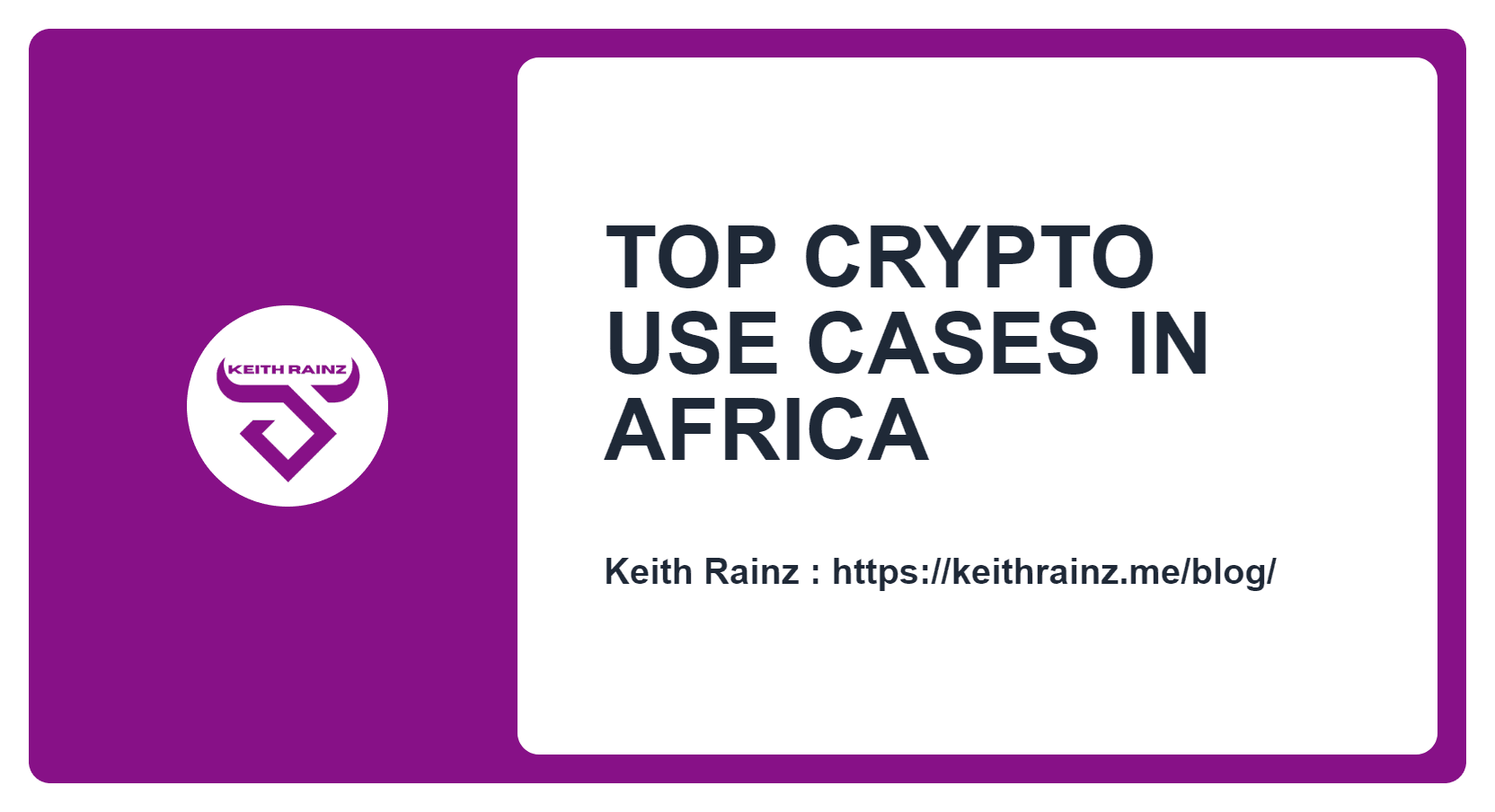The African continent is witnessing a remarkable surge in cryptocurrency adoption, with countries like Nigeria, South Africa, Morocco, Ghana, and Kenya leading the charge. According to the Chainalysis Global Crypto Adoption Index 2023, Nigeria ranks second worldwide in crypto adoption. This trend is not just about interest, but a response to various economic and social factors unique to Africa.
Cryptocurrencies have become a pragmatic solution to address the multifaceted challenges faced by African communities. Economic instability, inflation, and the need for efficient cross-border transactions drive the growing embrace of cryptocurrencies in Africa. These digital currencies offer a stable and decentralized alternative to traditional financial systems, helping Africans navigate and overcome their socio-economic challenges.
In countries facing currency devaluation, cryptocurrencies, particularly stablecoins, have become a refuge for preserving wealth. For instance, in Nigeria and Ghana, where the Naira and Cedi have experienced significant devaluation, individuals are increasingly turning to stablecoins like USDT to maintain the value of their savings. A young professional in Nigeria might choose to safeguard their earnings by setting aside a portion of their salary in stablecoin, protecting their money from unpredictable local currency fluctuations.
Sending and receiving money across borders is another common challenge in Africa, often hampered by high fees and slow processing times. Traditional financial systems can be complex, with rigorous documentation processes that are especially difficult for people living in the diaspora with families at home. Cryptocurrencies offer a swift and cost-effective alternative. For example, someone in South Africa can easily send money to their family in Kenya. Business owners also benefit from stablecoins for faster and cheaper transactions with partners in neighboring countries.
In urban centers across Africa, from Lagos to Nairobi, small and medium-sized enterprises are beginning to accept cryptocurrencies as payment. This trend is not only limited to tech-savvy businesses but is also being adopted by traditional vendors. People can now pay for services directly in crypto without converting to fiat first. This approach expands the range of payment options, reflecting a dynamic response to the evolving preferences and needs of a diverse customer base.
Cryptocurrency trading has become a widely embraced avenue for investment, particularly among the vibrant youth culture in Africa. Success stories of crypto traders and investors capitalizing on price volatility have inspired many to explore crypto investments. The accessibility provided by fintech platforms has significantly lowered the entry barrier, allowing people to start trading crypto with minimal investment.
The innovative blockchain technology supporting cryptocurrencies brings enhanced transaction security, making it an appealing choice for transactions that require high levels of trust and transparency. International businesses operating within Africa can seamlessly process transactions with confidence thanks to the robust security features offered by cryptocurrencies.
A substantial segment of the African population faces challenges in accessing traditional banking services, creating an opportunity for cryptocurrencies to emerge as a vital alternative for financial inclusion. Cryptocurrencies enable essential financial transactions in rural regions, such as in Kenya and Nigeria, where conventional banking infrastructure is limited. Additionally, political upheavals and economic uncertainties in some African countries have fostered mistrust of traditional financial systems. Cryptocurrencies provide a sense of security and independence, offering a refuge from government control and instability.
As the African continent continues to navigate economic instability and limited access to traditional banking, cryptocurrencies are playing an increasingly important role. They offer solutions that resonate with the daily realities of Africans, from preserving wealth against currency devaluation to enabling swift cross-border transactions. Cryptocurrencies are not just a trend; they are transforming the financial landscape in Africa, providing a glimpse into a future where digital currencies are central to the economy.








